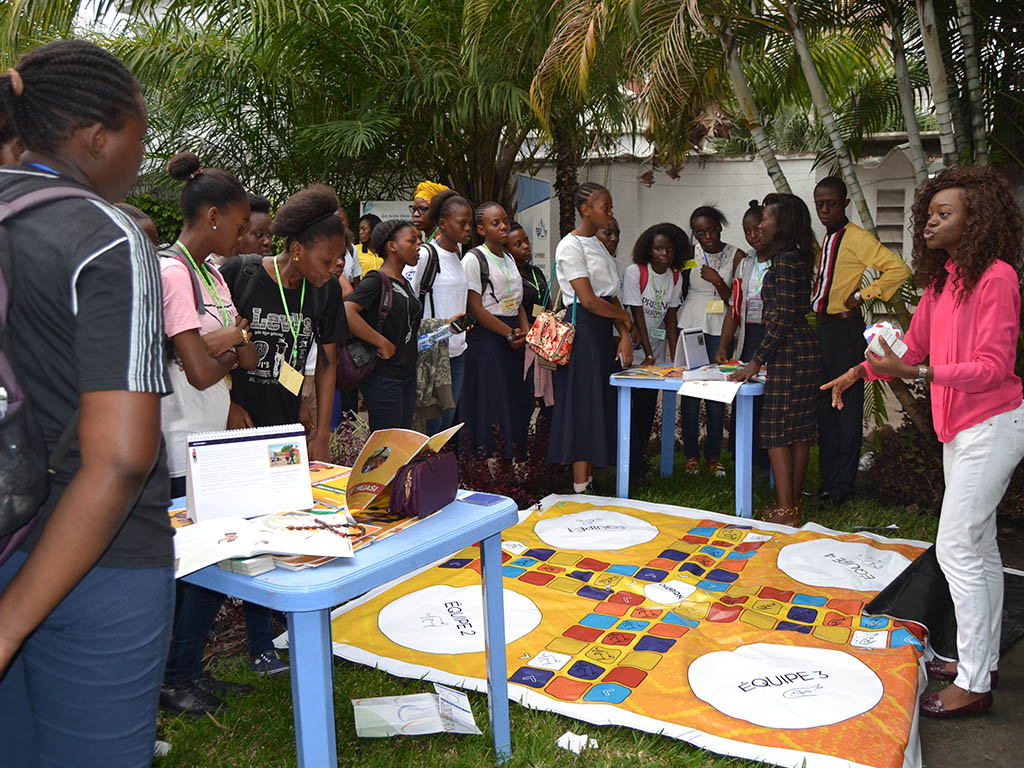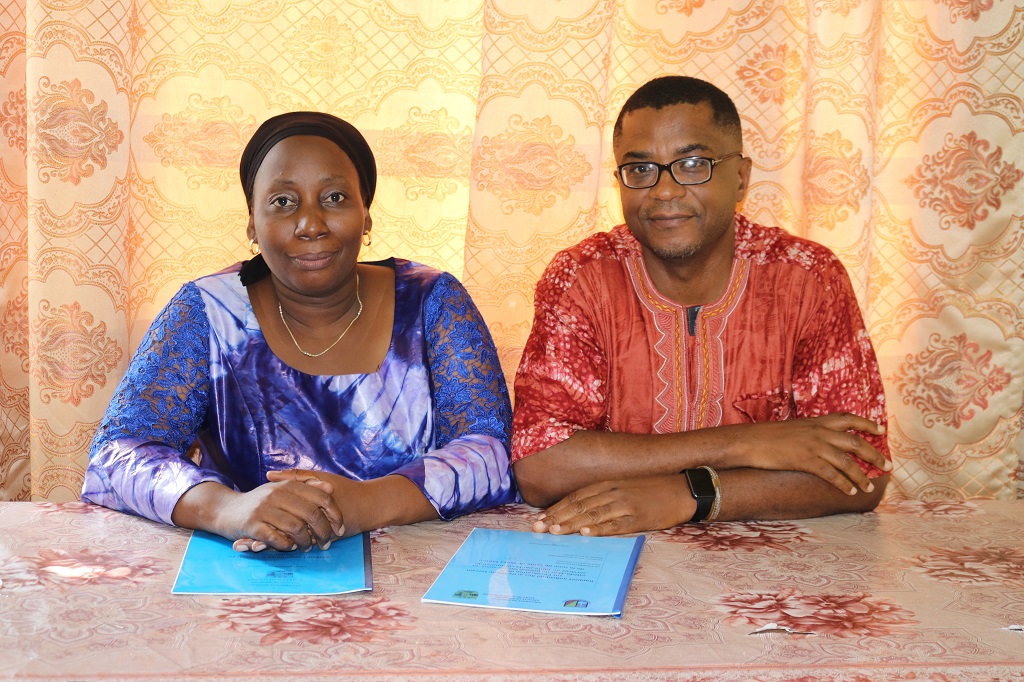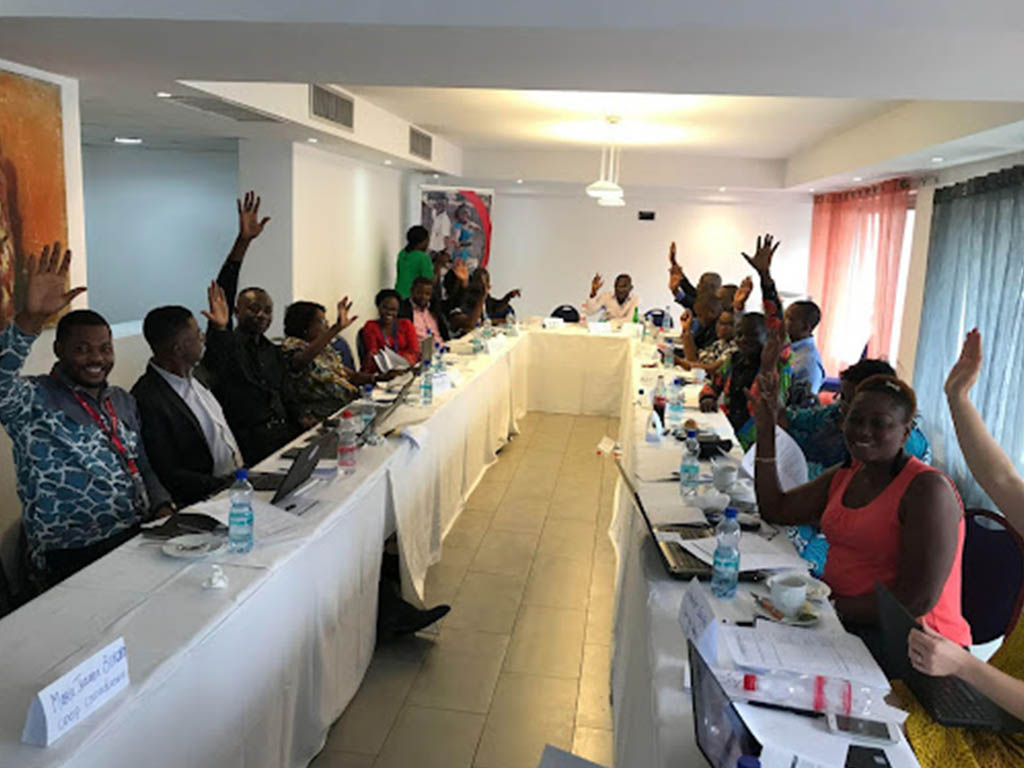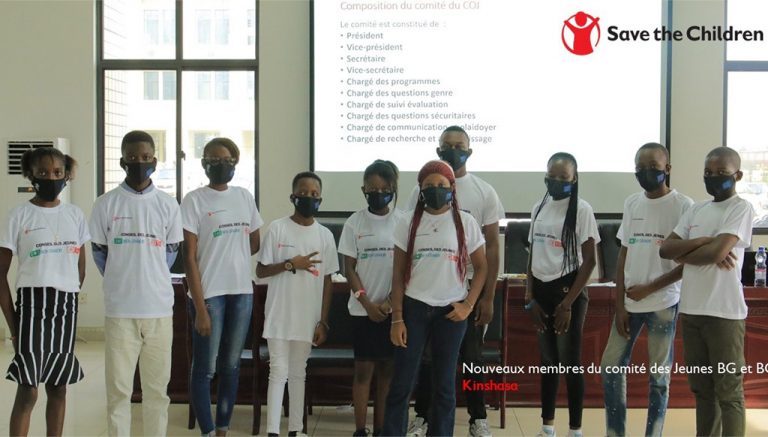Achieving sustained change requires strong multi-sectoral partnerships amongst committed leaders. Recognizing this, Growing Up GREAT! (GUG) developed strategies to engage and build partnerships with experts at program inception—including a local youth advisory committee, a local technical and government advisory board, and a consortium of global implementation, research, and scale-up experts. In addition to the collaborative process of adapting, learning, and scaling, GUG was funded jointly by the Bill & Melinda Gates Foundation and the U.S. Agency for International Development.
The GUG consortium, also referred to as the “project team” was established in 2015. Led by the Institute for Reproductive Health (IRH) at Georgetown University and subsequently the Center on Gender Equity and Health at the University of California San Diego (GEH/UCSD), the GUG consortium coordinated partner efforts and resource mobilization and ensured GUG’s focus on sustainability and scale, strategic collaboration across sectors, and the cultivation of a culture of learning. The global consortium comprised implementation, research, and scale-up partners.

Save the Children led the development, implementation, monitoring, and scale up of the GUG intervention. Nine youth-focused community-based organizations (CBOs) carried out the various components of the multi-level intervention with technical support from Save the Children. Four* of these CBOs later supported scale-up.
In later phases of GUG, Congolese Ministry partners led institutionalization (vertical scale-up) of different components of the GUG intervention:
The Global Early Adolescent Study (GEAS), a research collaboration led by the Johns Hopkins Bloomberg School of Public Health, conducted the outcome evaluation in partnership with the University of Kinshasa School of Public Health (KSPH). The GEAS-Kinshasa study site is the first and longest-running longitudinal cohort of the GEAS with five waves of data collection as of 2023. The GUG consortium partners coordinated on the development of a quasi-experimental evaluation design using the GEAS survey platform to interview adolescents in both intervention and control groups across all five waves of data collection.
Experts SARL, a research organization based in the Democratic Republic of Congo (DRC), conducted a rapid qualitative study in 2022 to examine necessary conditions for GUG’s sustainability and institutionalization, including the transfer of skills from CBOs to ministry partners for continued implementation of GUG approaches.

The Stakeholder Reference Group (SRG) is a local advisory group comprised of nearly 50 members from government and civil society organizations. The SRG members guided GUG from intervention design to pilot and scale-up. Co-chaired by the MOH/PNSA and the EPST/DEVC, the SRG validated content and approaches, provided technical oversight, and fostered scale-up.
Following successful pilot and refinement of GUG approaches, the SRG made the decision to scale GUG. During scale-up activities, key members of the SRG joined representatives from two CBOs to form the Resource Team—a continuation of the SRG focused on guiding scale-up efforts. The Resource Team included individuals from the following organizations:

A Youth Advisory Council (YAC) was formed during the pilot phase of GUG to ensure that the GUG consortium was inclusive of and accountable to adolescents and youth. Throughout the project, YAC members provided substantial and meaningful feedback on program implementation, monitoring, and evaluation efforts. Additionally, with guidance from IRH, KSPH and Save the Children, and in collaboration with local youth-led research organization La Pepiniere, the YAC led two qualitative participatory evaluation studies in 2018 and 2021. Recognizing the group’s importance, youth members sought to formalize the YAC and obtained NGO status in 2022 and joined the GEAS Global Youth Advisory Board. With its start in GUG, the YAC continues to elevate the voices and perspectives of youth in their communities.

This website was developed by Kathryn M. Barker, Rebecka Lundgren, Francine E. Wood, Sarah Smith, and Princess Luna at the Center on Gender Equity and Health at the University of California San Diego (GEH/UCSD), Jennifer Gayles at Save the Children International, and consultants Heidi Worley and Mariam Diakité. Thank you to Kara Hunersen and Trevor Arnett of the Johns Hopkins Bloomberg School of Public Health for their guidance and critical input. This website was designed by Areli Alvarez and Scott Blair at Qualcomm Institute at the University of California San Diego.